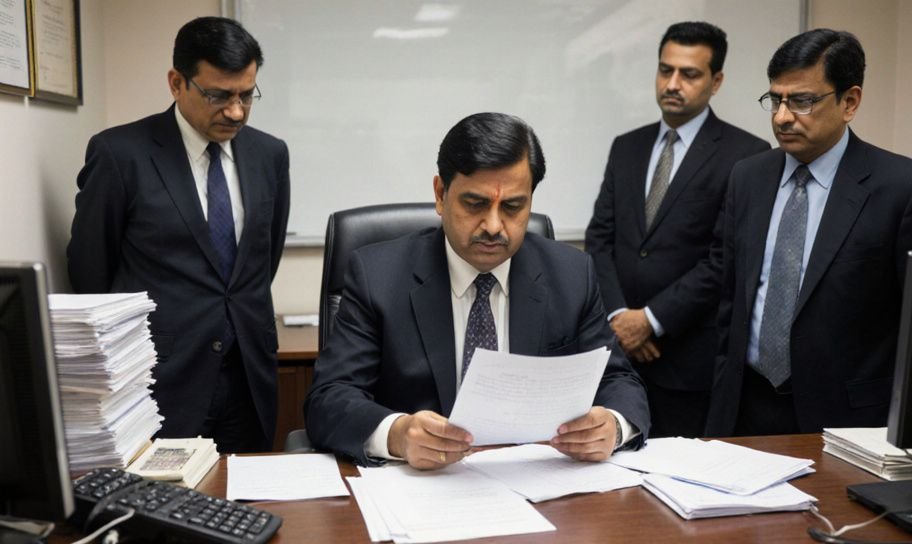
Quick Summary: The Bombay High Court has sent back a case involving Rupee Cooperative Bank for a new investigation. The case involves former managers being held responsible for financial losses. The court found that the previous investigation lacked proper evidence and reasoning.
The case revolves around several requests made by former managers of Rupee Cooperative Bank Limited. They challenged decisions that blamed them for financial losses at the bank. These decisions were based on an investigation under the Maharashtra Cooperative Societies Act, 1960.
In 2002, the official in charge of cooperation replaced the Board of Directors of the bank due to problems found during a check by the Reserve Bank of India. An investigation was ordered, and later, several managers were blamed for the losses.
Initial Investigation: The investigation found that certain bank officers were responsible for poor handling of finances. A notice was issued asking them to explain themselves, followed by a list of charges.
Appeals: The managers appealed, arguing that they were not the ones making decisions and did not cause the losses. They claimed their roles were more about administration, not making big decisions.
Lack of Specific Findings: The court noted that the investigation did not clearly show how each manager’s actions directly caused financial losses. The findings were too vague.
Need for Detailed Examination: The court emphasized the need for holding individuals accountable, not blaming everyone together. Each manager’s role and actions needed specific examination.
Justice Amit Borkar ruled that the previous investigation was flawed due to lack of solid evidence and reasoning. The court ordered a new investigation to be conducted, ensuring all parties have a fair chance to present their case.
"The findings must be based on solid evidence, not on guesses or general blame."
The case has been sent back to the Authorized Officer for a new investigation. This process should follow the proper legal procedures and be completed within six months.
The court decided that the previous investigation was not done properly and ordered a new one. This ensures that each manager's role is looked at closely before deciding who is responsible for the financial losses.